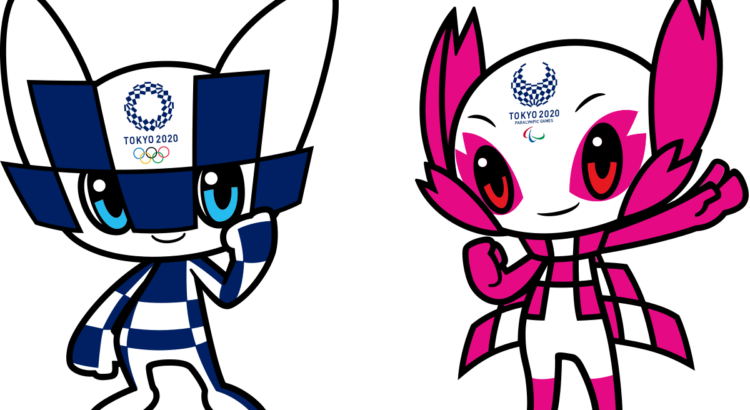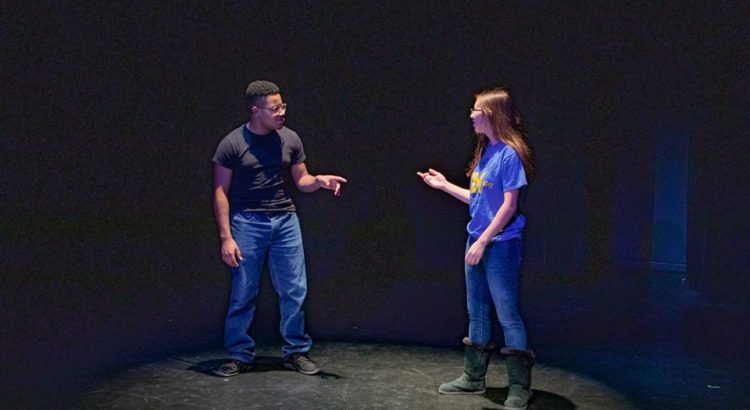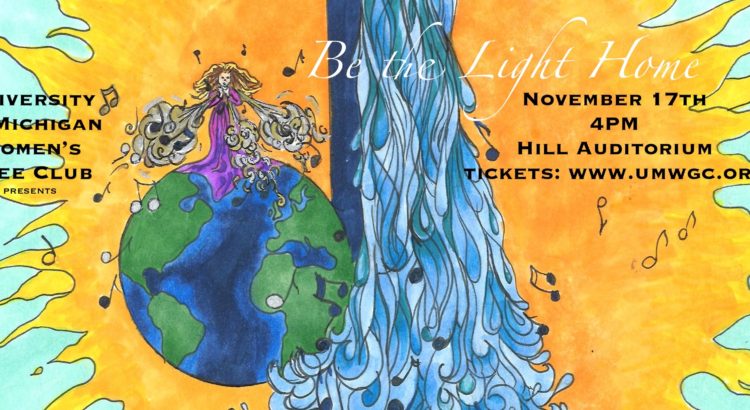I don’t consider myself a poet. I’m more of a prose person, you see. I don’t know very much about the correct form of a poem, or about metrics and stanzas. I’ve never taken a class on poetry, though I hope to someday. I don’t even know what constitutes a poem as “good” or not.
What I do know, however, is that throughout my time at U of M, I’ve begun to enjoy reading and writing poetry. They’re more for myself, if anything, but I’ve started to fall into the habit of writing when stressed. Prose, poems, you name it. My lack of experience with the art form has caused me to be hesitant in sharing it. Without doing so, however, I’ll never receive the constructive feedback needed to grow; as such, I’ve started to share some of my poetry with my loved ones. With their encouragement, I finally have the courage to share something poem-like. As such, here I am, risking possible embarrassment and an inundation of angry comments.
Now, a little background information: I love my university, but coming here was a real shock. It’s not a secret that the University of Michigan has a wealthy student body; however, sometimes I wonder where the economic diversity and my fellow middle class (I guess lower middle class, by U of M standards) people are. Please note the VAST majority of people here, regardless of background, are very nice, polite people. But once in awhile, being at this university makes me wonder what causes students to treat others differently simply because of economic differences. You’re wealthy? I’m happy for you! Do you have airpods? Great! Live your life how you would like! These topics, while somewhat mentioned within the text below, are not the point; please know I’m not judging them, nor the people who those apply to. Written during a frenzied two-hour span after work one day, this poem focuses on entitlement. Without further ado, I present the rant-like poem called “Big Man”.
Big Man
You donned air pods and a Canada Goose jacket
I guess you were ready to start up a racquet
Your wealth and goods were not the problem, you see
But rather the way you treat people like me
Did it make you feel good, Mister Big Man?
When you whispered to the guys in your clan
You spoke softly enough to not draw attention
But loudly enough for me to hear the mention
Where is your dignity? you asked
Your arrogance and scorn unmasked
Why would anyone work in a fast food place?
Oh, if you saw the expression on my face
At the table you left a huge mess
We should really clean up, one guy stressed
That’s their job, you snarkily replied
Your words insulting and utterly snide
You looked at me with disgust and laughed with your friends
I wondered why you couldn’t have just made amends
I guess you believed that you were superior
But the working class is far from inferior
That was the first of many meets
Whether in class or on the streets
Did you ever stop and truly see me, Big Man?
Not for what I can’t do, but for who I am?
I sat behind you and your friends in class one day
Sometimes I still can’t believe the things that you say
You boasted about the answers you stole
Had paid for and copied by the whole
You talked about your experiences in school
Explained how your parents had raised no fool
For they provided you with the best tutors and classes
Connections and opportunities by the masses
When you bragged about all your A’s and test scores
Did you realize how your resources opened doors?
I’m not neglecting your accomplishments, Big Man
But some other students just can’t have the same plan
I saw you again at my second job
This time without your buddies or friend mob
You came to pick up a package or two
But your orders were far from just a few
In the following weeks you ordered countless things
Hundreds of luxuries fit for dozens of kings
So many goods you’d forget what you purchased
And yet your impatience still frequently surfaced
Your suit was more important than her book
You would groan at the line with just one look
You wanted your name written across banners
But Daddy’s money couldn’t buy you manners
You admonished your peers for working
While you would judge them ever lurking
Nights where you got too drunk and blacked out
Featured students at jobs out and about
College admittance is one battle in the war of a lifetime
Believe it or not Mister Big Man, some students live dime by dime
With lower graduation rates and financial strain
For some students, studying is not the only pain
There are barriers for your peers of low-income
But to you those students will always be scum
All I am asking is a simple plea
Listen to me, hear me, can you see me?
There are plenty of privileged people, Big Man
The problem is not just that, do you understand?
It’s the entitlement, the sense of supremacy
The contempt and ignorance that become your legacy
I’m glad your parents support your education, Big Man
But the reality is that not everyone’s parents can
It’s not a bad thing to be privileged or “the best”
But it can be when others are actively oppressed
As such, this is my last message for you
Fix your attitude, be aware, be true
Treat others with kindness and use your influence
To stop the poverty cycle’s continuance





